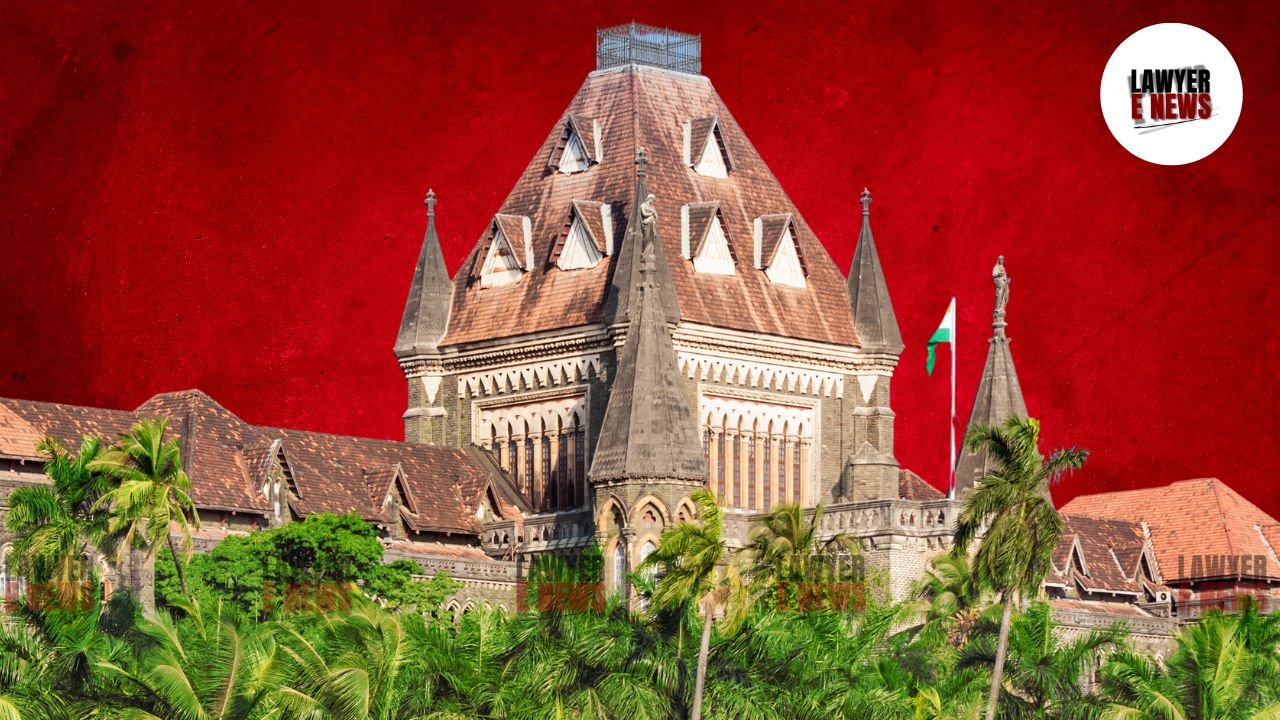-
by Admin
15 February 2026 5:35 AM



Bombay High Court, in Jamila Gulfam Desai v. Jamir Abdulmujir Shiledar, modified the probate granted by a lower court regarding a 1956 Will, replacing it with Letters of Administration. The Court ruled that under the Indian Succession Act, 1925, probate can only be granted to an executor, which the Will did not appoint, and thus, Letters of Administration with the Will annexed were the appropriate remedy.
The case arose from a Will executed by Ibrahim @ Kamal Babaso Shiledar in 1956, which bequeathed specific properties to his grandson, the applicant in the case. The Will was discovered by the applicant in 2005, following his father's death, after having been allegedly suppressed for decades. The applicant sought to enforce the Will, resulting in litigation against other family members who had inherited and managed the properties since Ibrahim’s death in 1975. The lower court had granted probate in 2014, prompting an appeal from the other heirs.
Proof of Will under Section 69 of Indian Evidence Act: The Will’s validity was challenged on the grounds that the second attesting witness could not be found. However, the applicant successfully proved the attestation by examining the daughter of one deceased attesting witness, fulfilling the requirements under Section 69 of the Indian Evidence Act.
Delay and Laches: The appellants argued that the applicant had delayed too long in seeking probate—nearly 50 years after Ibrahim's death. The court, however, accepted the applicant's explanation that he only became aware of the Will in 2005 after his father's death, and that the delay did not invalidate the Will’s authenticity.
Suspicious Circumstances: The exclusion of other legal heirs from the Will, especially considering Ibrahim had other grandchildren, was deemed insufficient to raise suspicion. The court concluded that it was plausible for Ibrahim to have a special affection for one grandchild.
Probate vs. Letters of Administration: The court noted that the applicant was not entitled to probate, as the Will did not appoint an executor, which is a requirement under Section 222 of the Indian Succession Act, 1925. Instead, the applicant was entitled to Letters of Administration with the Will annexed, per Section 232 of the Act.
The High Court affirmed that the Will was valid and duly executed, but modified the relief granted by the trial court. The applicant was awarded Letters of Administration with the Will annexed instead of probate, as no executor was named in the Will. The court also addressed the procedural issue, clarifying that the trial court should have granted Letters of Administration rather than probate.
Date of Decision: 01/10/2024
Jamila Gulfam Desai v. Jamir Abdulmujir Shiledar
